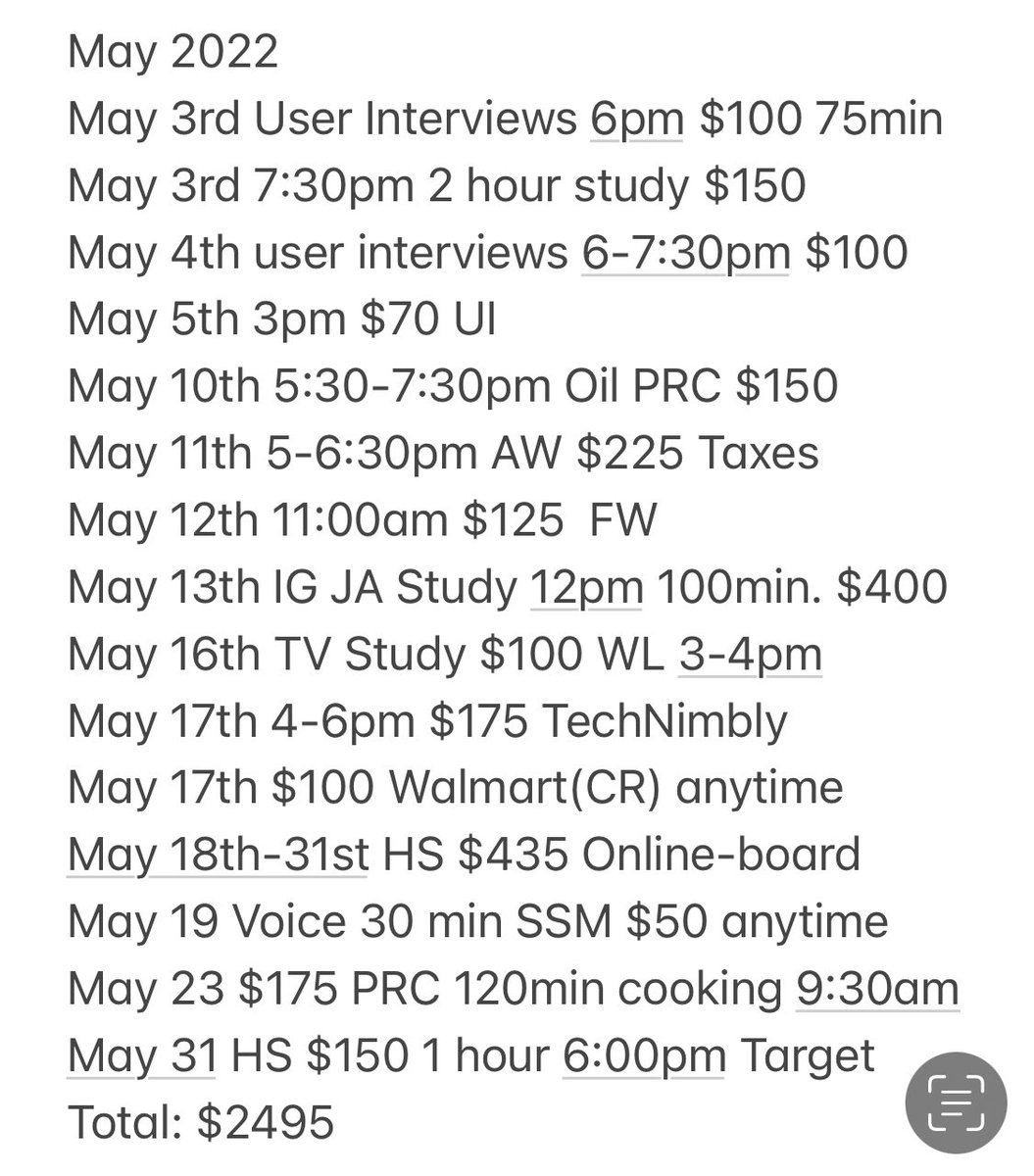Ameda Temple
Ernakulam, Kerala 🚩
#keralatemples
Ameda Ksetram is located in the banks of Vembanad Lake. Temple is very unique and Powerful Sarpa Kavu.
Parashurama did Prathishta here. Vilakku which was lighted by Parasurama is still seen inside the temple.
The oil from this lamp is given to bhakthas for recovering from illness.
Sthala puranam says that, Once, when Parashurama was travelling through Kerala, he reached this place. As it was evening, he stepped into the Lake for Sandhya Vandanam
At that Sapthamathrukkal 👇
(Brahmini, maheshwari, kowmari, vaishnavi, varahi, indirani and chamundi) were travelling there on a tortoise through the water. The tortoise was unable to move, because the Water had made its way for Parashurama. The place where the tortoise became Still came to be known as 👇
Aama Ni Nidayam' ( Aama means tortoise) and later become ‘Ameda’. Parashurama came to know about the journey of Sapthamathrukkal. Thus, he did Prathishta for the Sapthamathrukkal here.
7 forms of Aadi Parashakthi are Sapthamathrukkal. Veerabhadra and Ganesha have Sannidhi here.
The main Garbhagriham in the temple is the Sapthamathrukkal. There are Sannidhi to Nagas, Nagayakshi and Vishnu too. Sarparadhana or snake worship is done here. Naga Panchami is famous here. Those who have Naga Dosham come here and get relieved of their Doshas.
🕉🙏🕉


